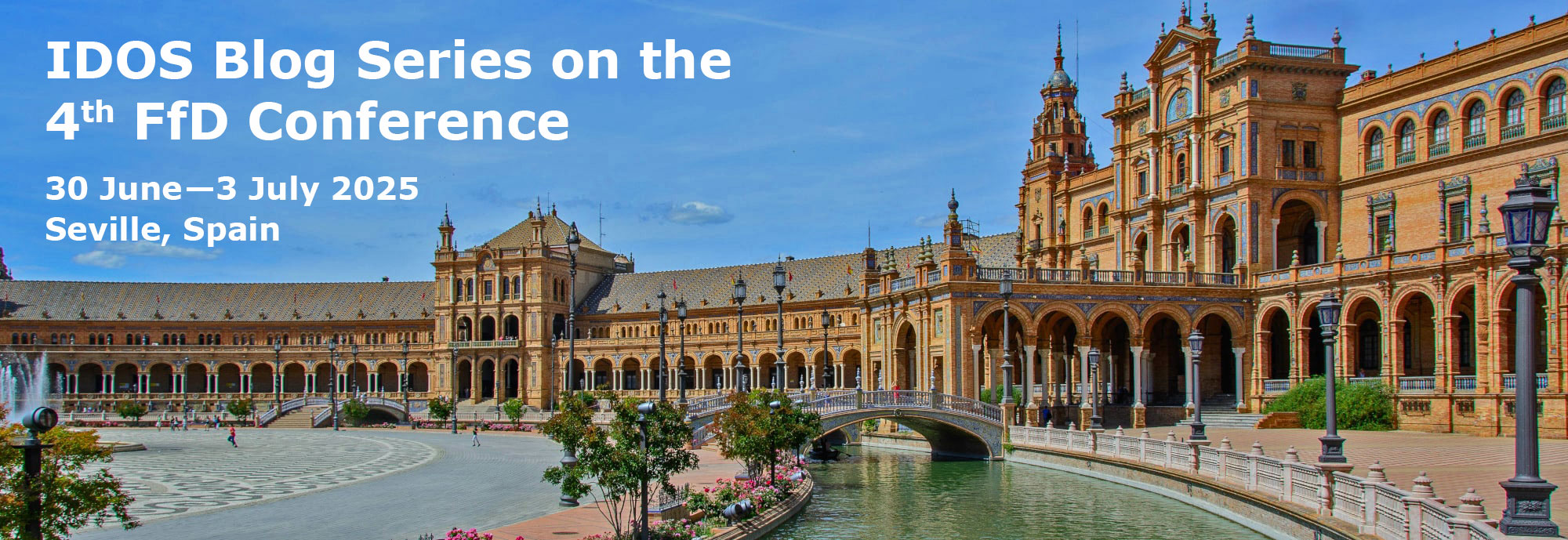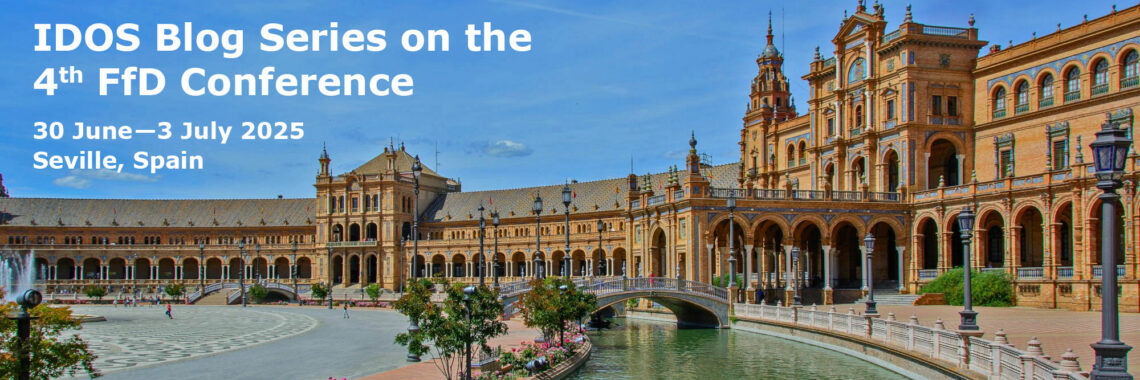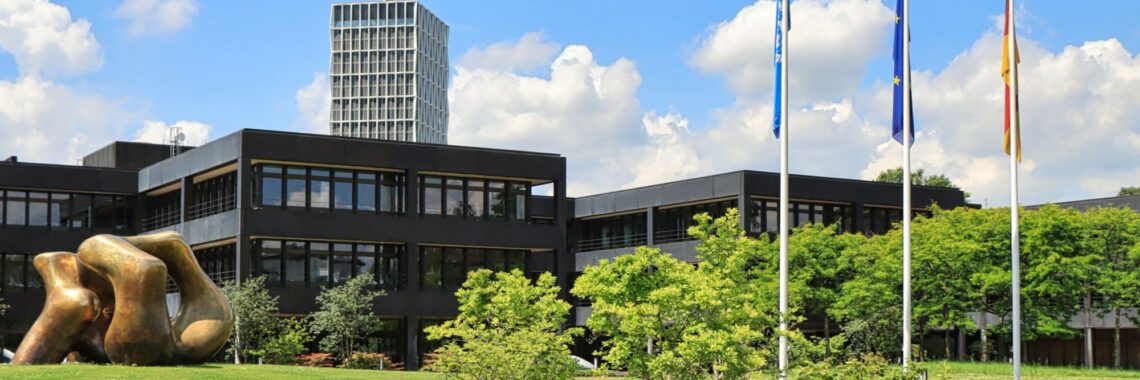FfD4 Countdown: A Watered-Down Proposal on Tax Expenditures Risks Undermining Countries’ Domestic Revenue Mobilization
Governments’ decisions to grant preferential tax treatments have a direct impact on their ability–or inability–to finance their sustainable development goals. At the Fourth Conference on Financing for Development in June, countries must commit to greater oversight of tax expenditures, including implementing minimum reporting standards and rationalizing ineffective or harmful tax expenditures.…




